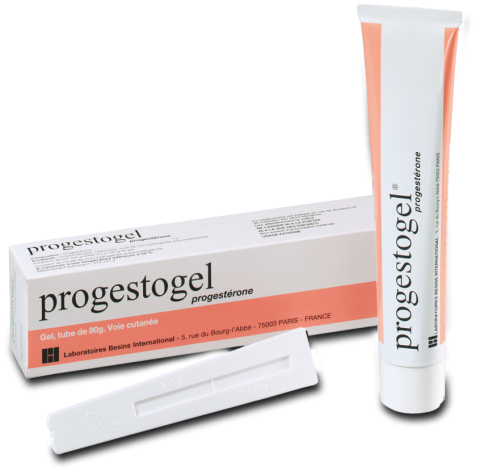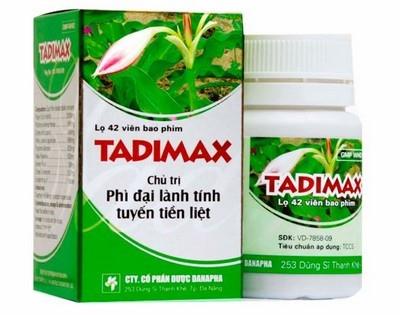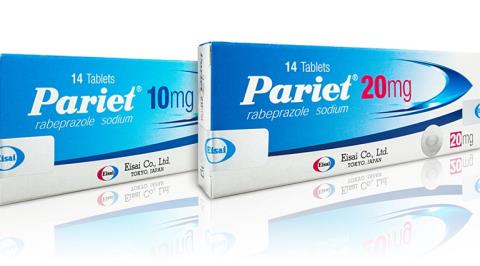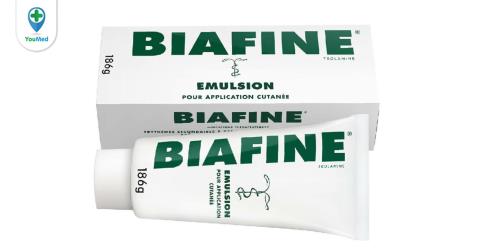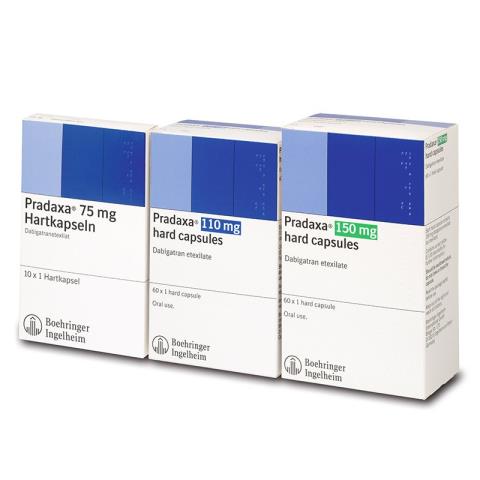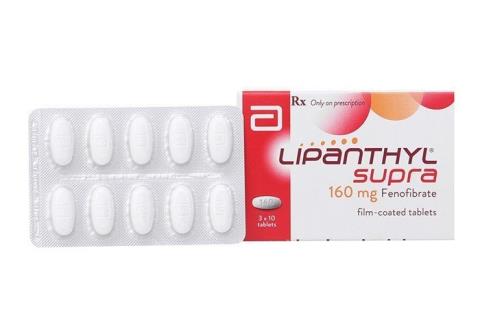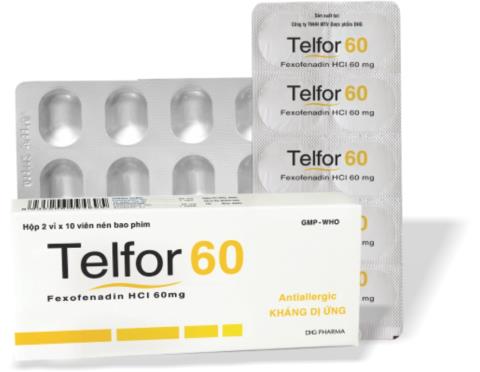Effervescent Paralmax Extra and notes when using

The article was consulted by pharmacist Nguyen Ngoc Cam Tien about Effer Paralmax Extra effervescent tablets for the treatment of mild to moderate pain symptoms.
What is Glotadol (paracetamol)? How does the drug work to be able to provide such a therapeutic effect? What should be kept in mind while taking the drug? Let's learn more about this with SignsSymptomsList!
Name of active ingredient: paracetamol.
content
1. What is Glotadol (paracetamol)?
Paracetamol is also known as acetaminophen or N-acetyl-p-aminophenol.
This is an effective pain reliever - antipyretic that can replace aspirin. However, the difference with aspirin is that paracetamol is not effective in treating inflammation.
Talking about the main role of paracetamol, the drug helps to lower body temperature in febrile patients, but rarely lowers body temperature in normal people. The drug works by acting on the hypothalamus causing hypothermia, increasing thermogenesis due to vasodilation and increasing peripheral blood flow.
2. Indications of the drug Glotadol
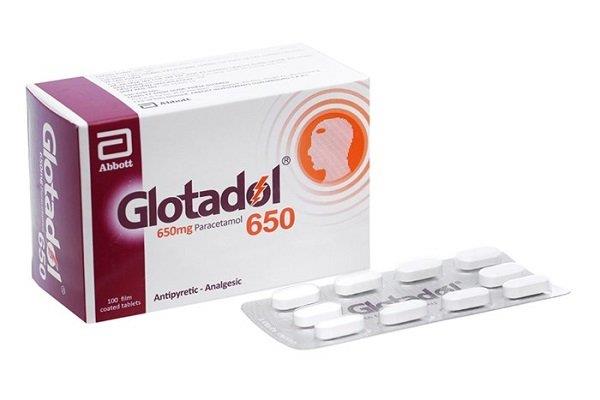
Glotadol (paracetamol)
It is widely used in the treatment of mild to moderate pain and fever.
3. Cases where Glotadol should not be used
4. Instructions for taking Glotadol
4.1. How to use
4.2. Dosage
Subjects > 12 years old
Children from 6 to 12 years old
5. Glotadol side effects
You should be aware of the rare event if a serious skin reaction such as Stevens-Johnson syndrome, toxic epidermal necrolysis, Lyell's syndrome, acute generalized pustulosis occurs, is rare, but possible. cause death must stop taking the drug and see a doctor immediately for timely treatment.
6. What drugs should Glotadol avoid?

7. Precautions when taking Glotadol (paracetamol)
8. Special subjects when taking drugs
8.1. Pregnant

There are no adequate studies evaluating the safety of paracetamol during pregnancy in relation to its potential adverse effects on fetal development.
Therefore, it is necessary to carefully consider, if the benefit to the mother outweighs the risk that the drug may harm the fetus, then decide to take the drug.
8.2. Breastfeeding Women
Some studies have shown that when used in lactating women, there are no harmful effects on the baby.
9. Treatment of an overdose of Glotadol
9.1. Symptoms of Overdose
This condition can be caused by a single toxic dose, by repeated large doses of paracetamol (eg, 7.5 – 10 g per day, for 1 – 2 days), or by long-term administration.
This can cause:
9.2. How to deal with it?
When intoxication is severe, it is important to start with active supportive treatment. The patient should undergo gastric lavage in all cases, preferably within 4 hours of ingestion. In addition, the antidote must be taken immediately, as soon as possible if less than 36 hours have passed since paracetamol.
Note, treatment with N-acetylcysteine is more effective when given in <10 hours="" after="" when="" taking="" paracetamol.="" if="" not="" " yes="" n-acetylcysteine,="" yes="" can="" use="" methionine.="" save="" mean,="" if="" did="" use="" than="" active="" before="" when="" use="" methionine="" then="" must="" smoke="" than="" active="" ra="" from= "" stomach="" thick="">
10. What to do when you miss a dose of Glotadol
11. How to store medicine
Above is the information to note when using Glotadol. Call your doctor if you have any unusual symptoms for timely support!
Pharmacist Nguyen Ngoc Cam Tien
The article was consulted by pharmacist Nguyen Ngoc Cam Tien about Effer Paralmax Extra effervescent tablets for the treatment of mild to moderate pain symptoms.
Progestogel (progesterone) 1% is a topical treatment for benign breast pain. Progestogel is also used to treat breast pain caused by fibroids, pain caused by dilated milk ducts, ..
Article by Pharmacist Nguyen Hoang Bao Duy about Tadimax - Crinum latifolium alkaloids, mixed dried herbs, cinnamon and excipients.
What is Pariet (rabeprazole)? How to use the drug to achieve the effect? Please join SignsSymptomsList for an in-depth analysis of the drug Pariet (rabeprazole)!
Biafine is used in the treatment of burns of the 1st and 2nd degree, non-infectious skin wounds. Biafine burn cream also treats redness secondary to radiation therapy.
What is Pradaxa (dabigatran)? How does it work? Let's find out through the article of pharmacist Nguyen Ngoc Cam Tien
Olanzapine is used to treat various forms of schizophrenia, bipolar disorder, or mania. Article by pharmacist Tran Van Thy.
Do you know what disease Lipanthyl is used to treat? How to use the drug, what special attention should be paid to the drug to be effective.
Telfor is indicated for the symptomatic treatment of chronic urticaria of unknown etiology in adults and children...
The article was consulted by pharmacist Nguyen Hoang Bao Duy about Papulex acne products, uses and things to note.
